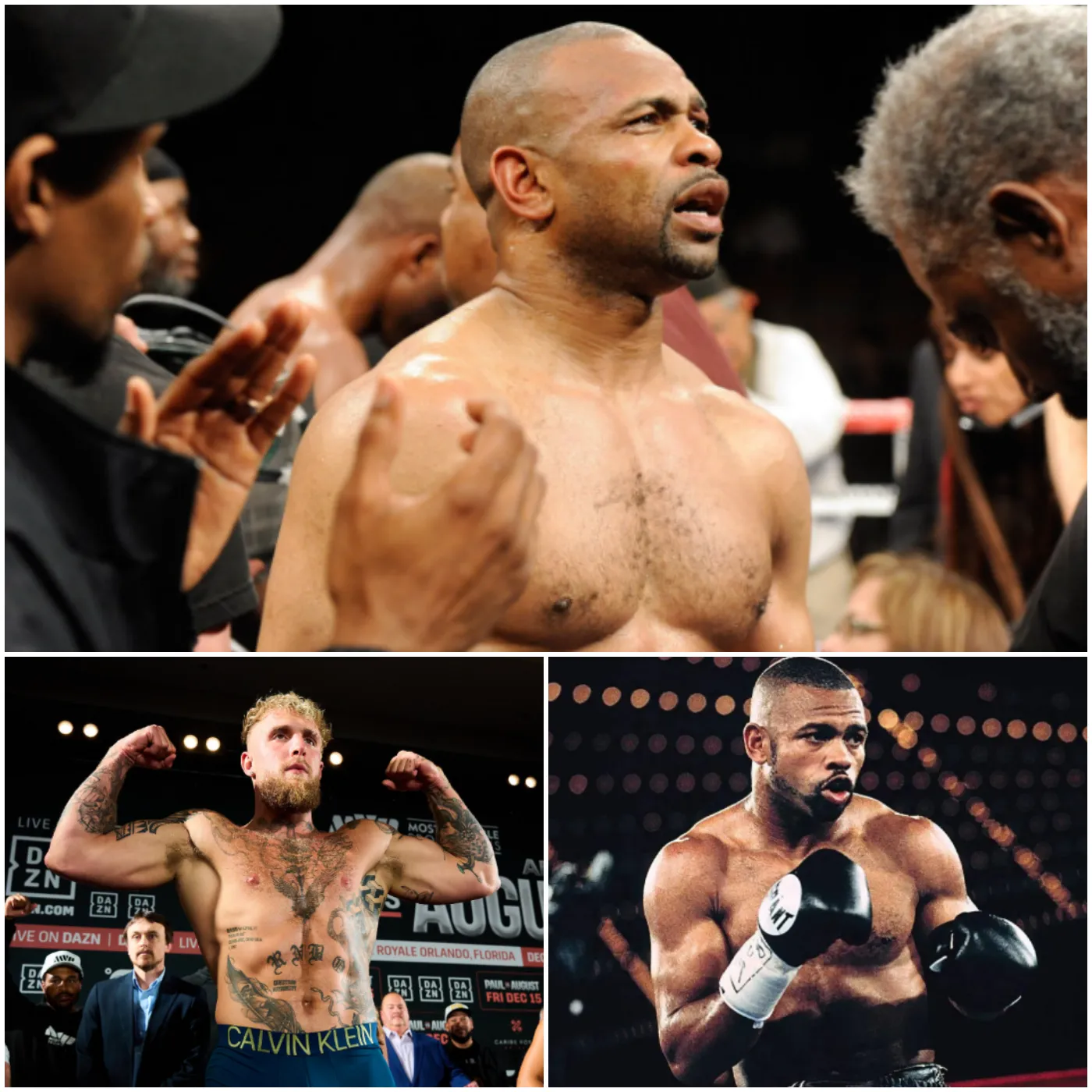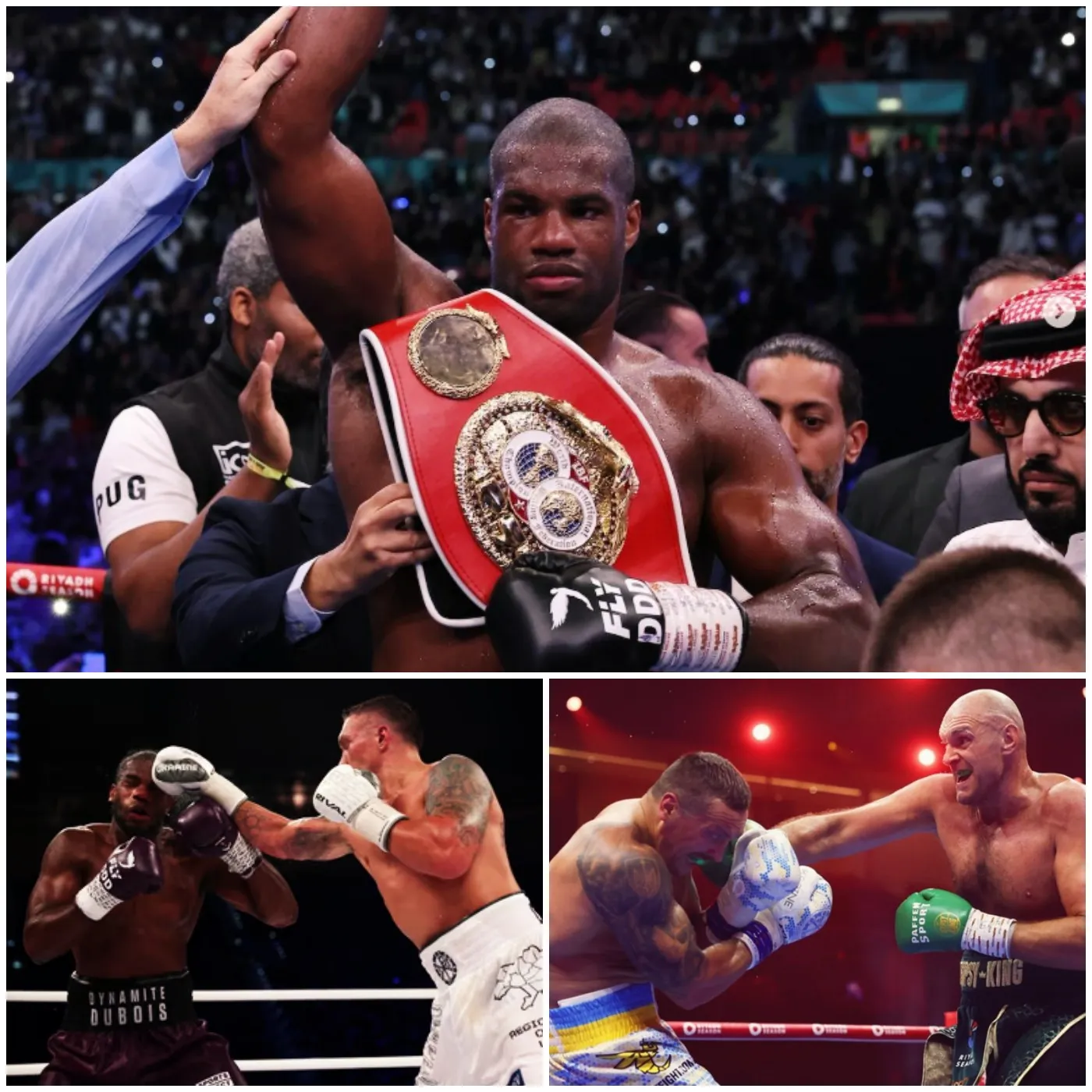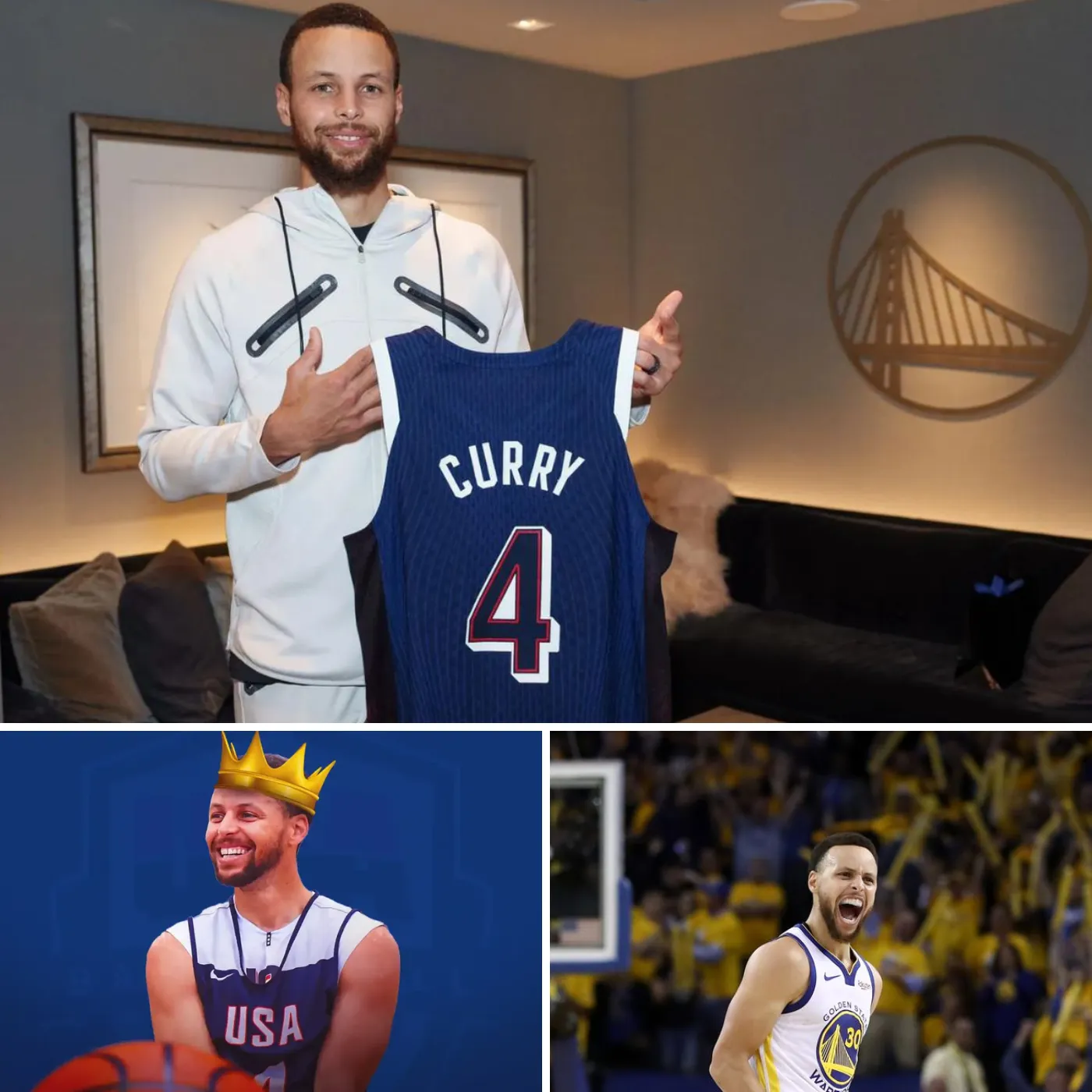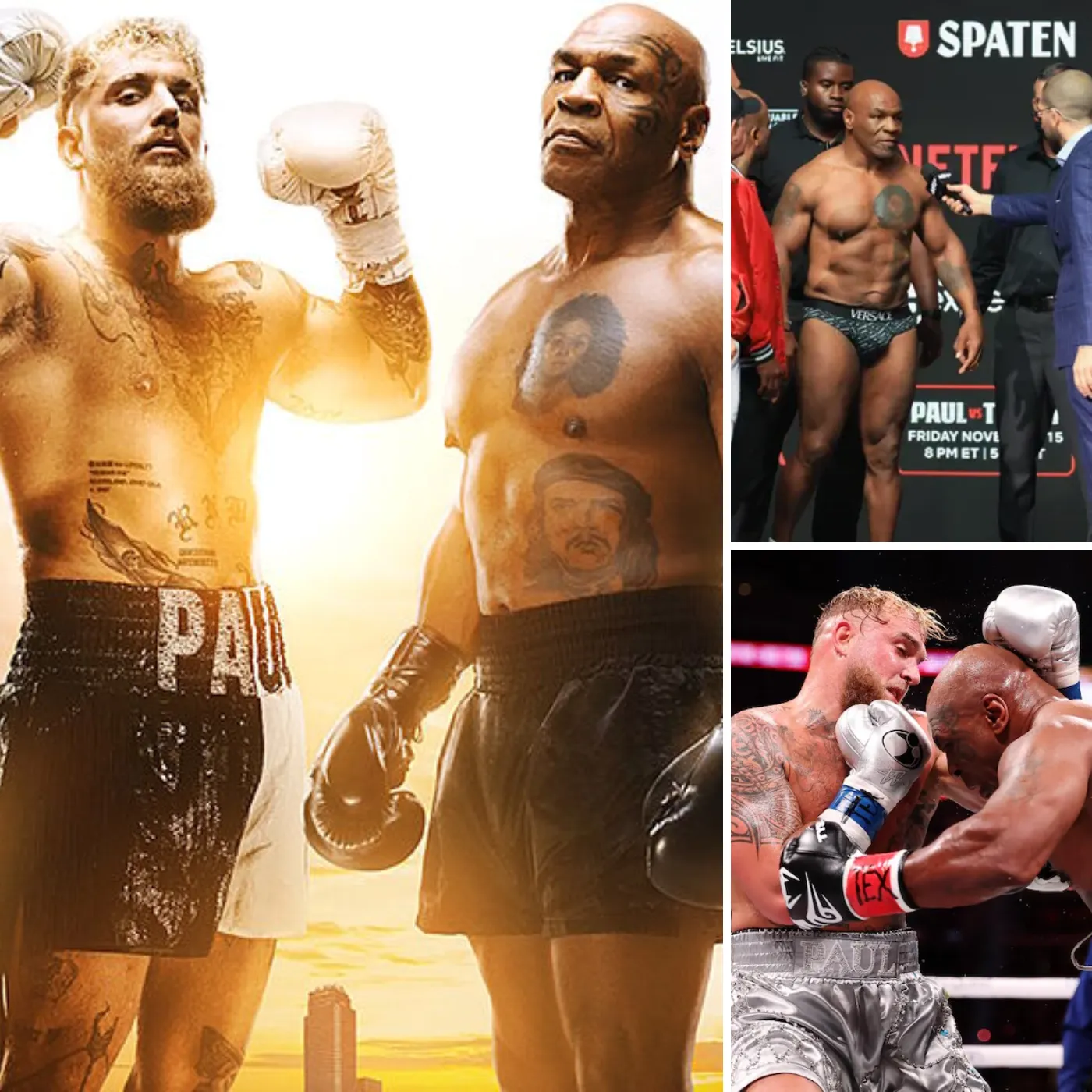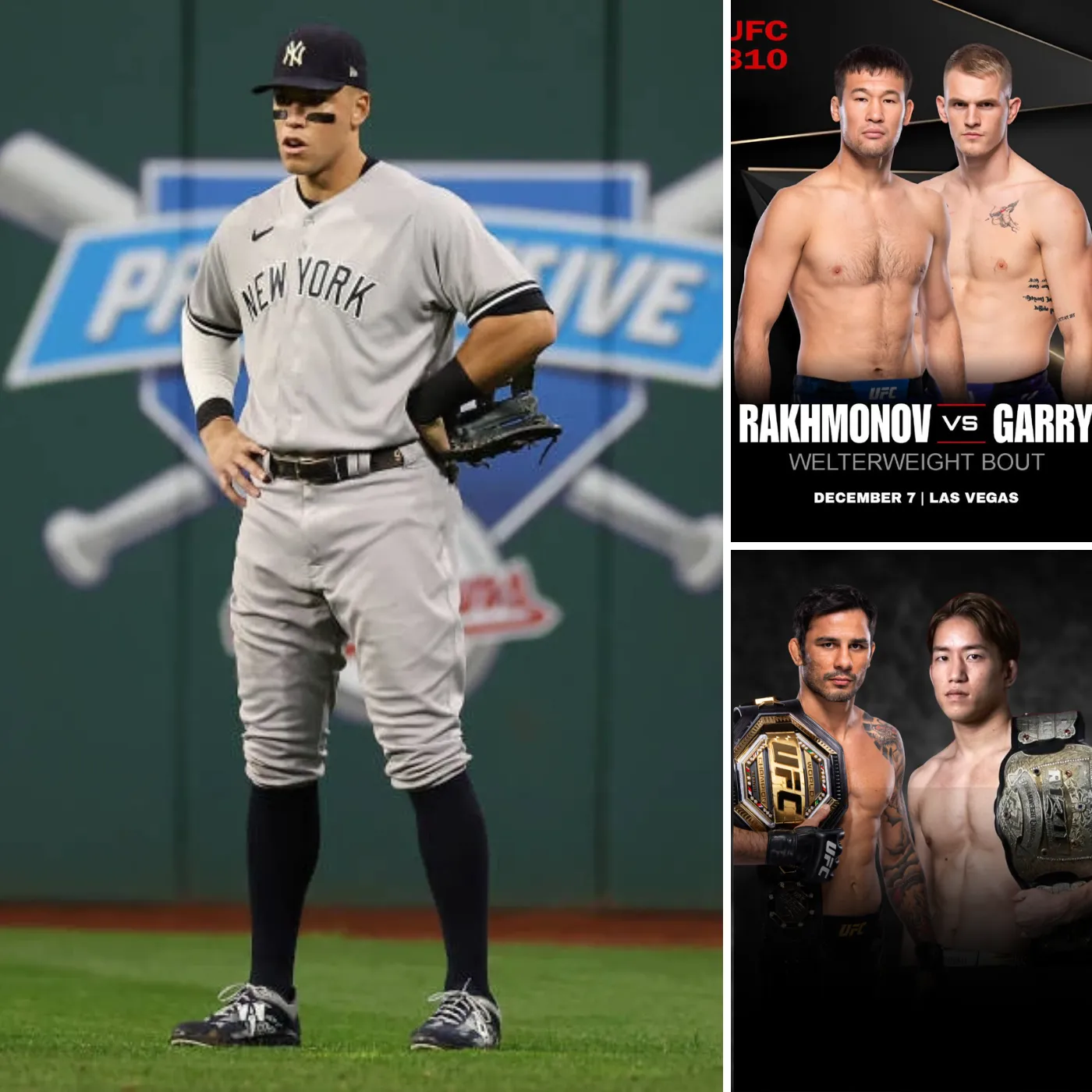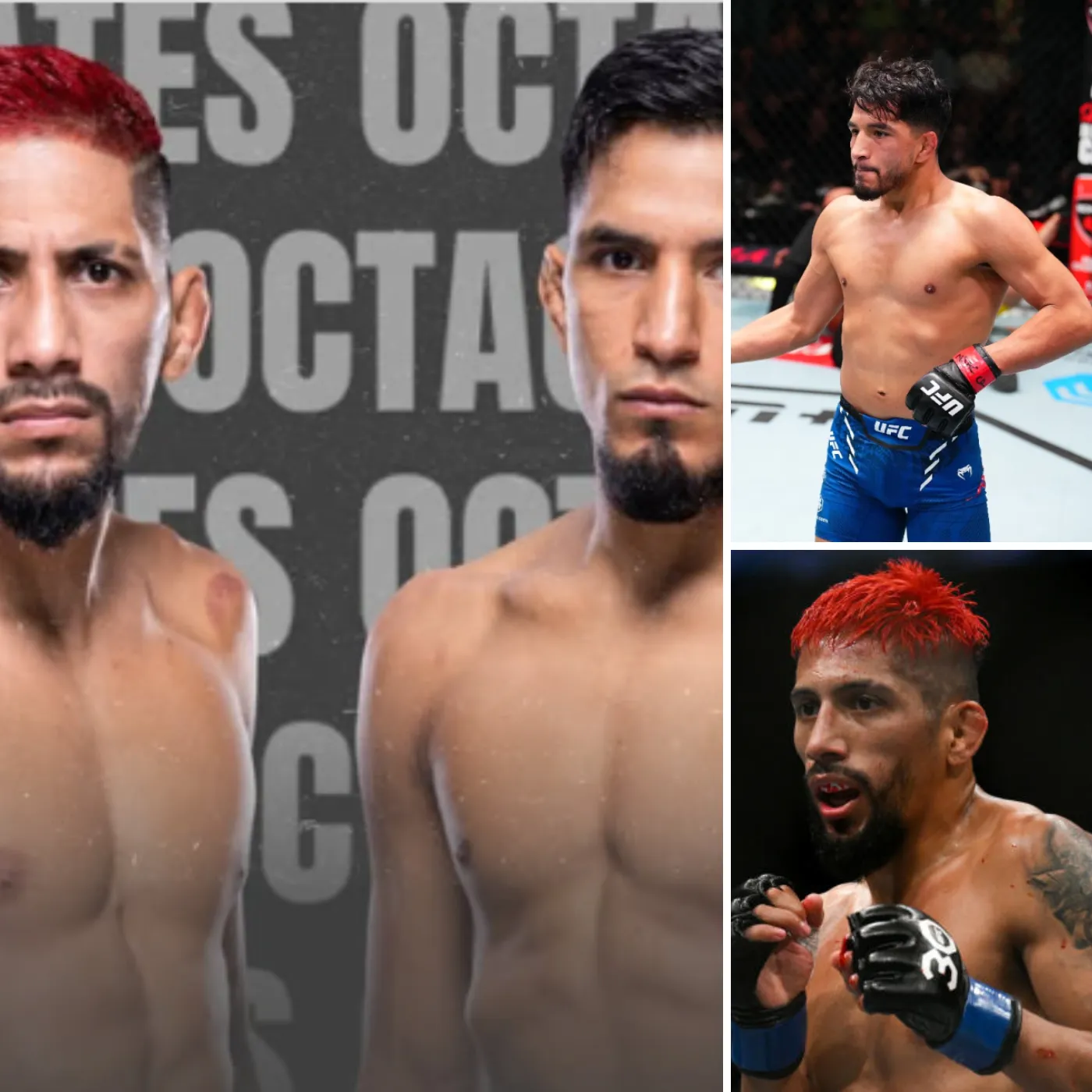Is Deontay Wilder’s Dominance an Illusion Created by Weak Competition?
Deontay Wilder’s legacy in the boxing world has long been defined by his incredible knockout power. With a record filled with spectacular knockouts, Wilder was once considered one of the most dangerous fighters in the heavyweight division. However, as his career has progressed, questions have arisen about the validity of his dominance. Was Wilder’s reign built […]
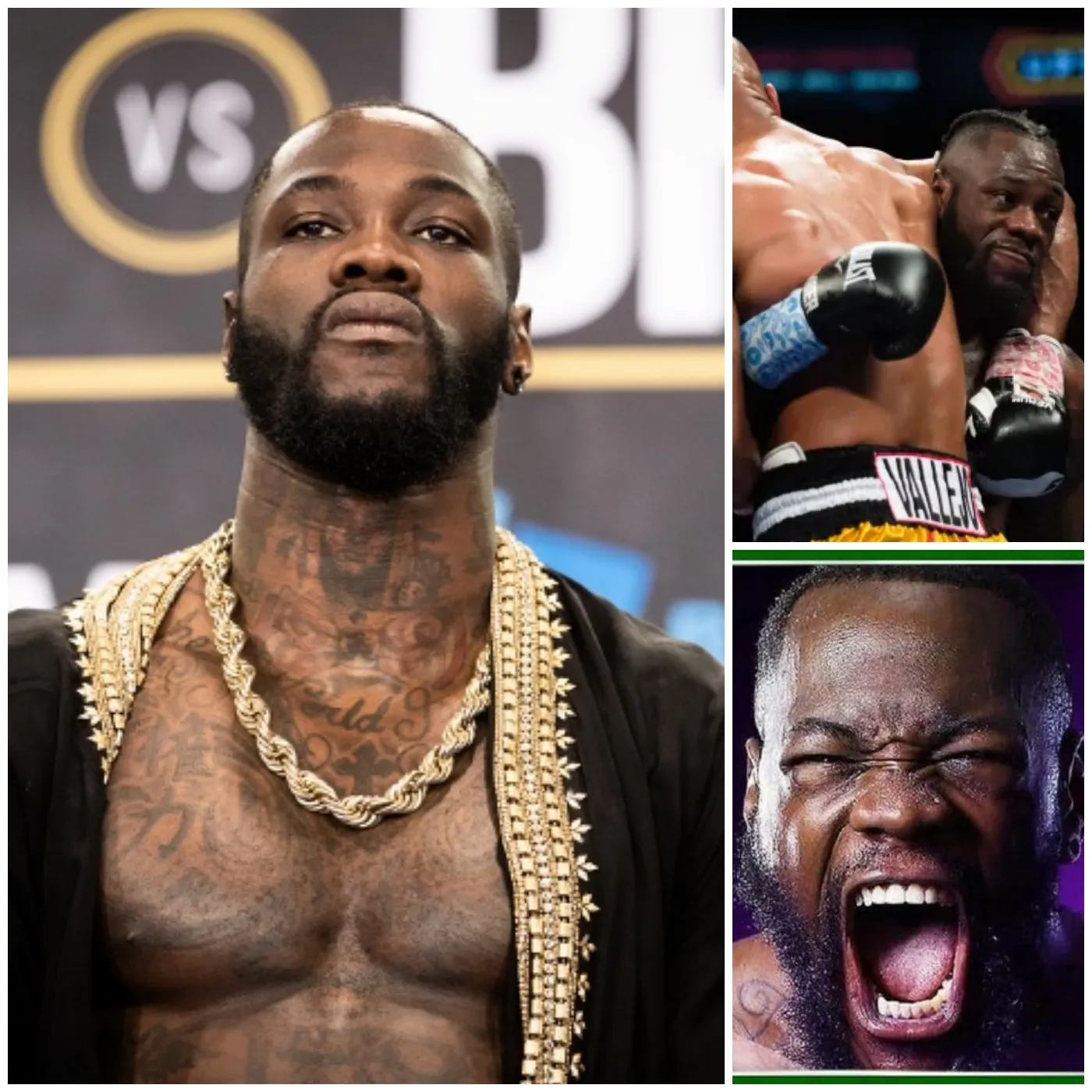
Deontay Wilder’s legacy in the boxing world has long been defined by his incredible knockout power. With a record filled with spectacular knockouts, Wilder was once considered one of the most dangerous fighters in the heavyweight division. However, as his career has progressed, questions have arisen about the validity of his dominance. Was Wilder’s reign built on talent, or was it simply a result of facing weaker opponents? This has led many critics to wonder whether his record would look as impressive had he faced top-tier competition earlier in his career.
Wilder’s Early Career: The Path of Least Resistance
Deontay Wilder burst onto the scene in 2008, and for the first several years of his career, he faced opponents who were far from elite. His early opponents were generally overmatched and underqualified, providing him with easy knockouts that helped build his reputation as a fearsome puncher. In fact, by the time Wilder captured the WBC heavyweight title in 2015, many boxing fans had yet to see him tested by top competition.
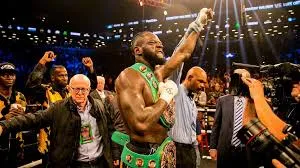
Wilder’s knockout-to-win ratio during this period was impressive, with many of his victories coming in the early rounds. However, a closer look at his opposition reveals that his early competition consisted of fighters who were not top-tier boxers by any stretch of the imagination. Many were journeymen or fighters with losing records, hardly the kind of opponents that would prepare Wilder for a true test of his skills. In a sense, his unbeaten record was as much a result of matchmaking strategy as it was of his physical ability.
Critics argue that this period of soft matchmaking was crucial in building Wilder’s public persona as an unstoppable knockout artist. His management team carefully chose opponents who were likely to fall to his powerful right hand, and as a result, Wilder’s knockout streak became a major selling point in his early career. While it’s undeniable that Wilder had power, the reality is that his record was inflated by the lack of competition.
The Problem with Avoiding Top Competition
As Wilder’s career progressed, there were continued questions about his reluctance to face top-tier opponents. For years, boxing fans called for a showdown between Wilder and some of the other heavyweights in the division, including Anthony Joshua and Tyson Fury. However, Wilder’s management was often criticized for avoiding these dangerous fights, opting for more controlled matchmaking that helped maintain his undefeated streak.
While there is no doubt that Wilder’s power is extraordinary, there was a growing perception that he had not yet proven himself against the very best. This is not to say that he did not face solid opponents—he certainly did, including Luis Ortiz, who was considered a legitimate threat. However, his competition was often not at the level of the very best heavyweights in the world.
A major turning point in this narrative came with Wilder’s fights against Tyson Fury. When the two faced off in 2018, Fury exposed Wilder’s flaws, demonstrating a boxing IQ and technical skill that Wilder lacked. Despite being knocked down twice in the first fight, Fury showed that Wilder’s power could be neutralized with smart movement and defensive boxing. In their second and third encounters, Wilder’s shortcomings were further exposed, as Fury outclassed him both times.
The question that now looms over Wilder’s career is this: If he had fought more elite competition earlier on, would he have amassed such an impressive record? The answer, for many critics, is no. Had Wilder faced top contenders earlier in his career, he might have been forced to develop more diverse skills and a more well-rounded boxing style.
Strategic Matchmaking: A Double-Edged Sword
It’s important to note that Wilder’s management team was not acting out of ignorance; rather, they were very aware of the strategy they were employing. By carefully selecting opponents who were less dangerous, they were able to extend Wilder’s undefeated streak, creating an aura of invincibility around him. This strategic matchmaking helped him secure big-money fights and build a fanbase, all while avoiding the risk of a loss.
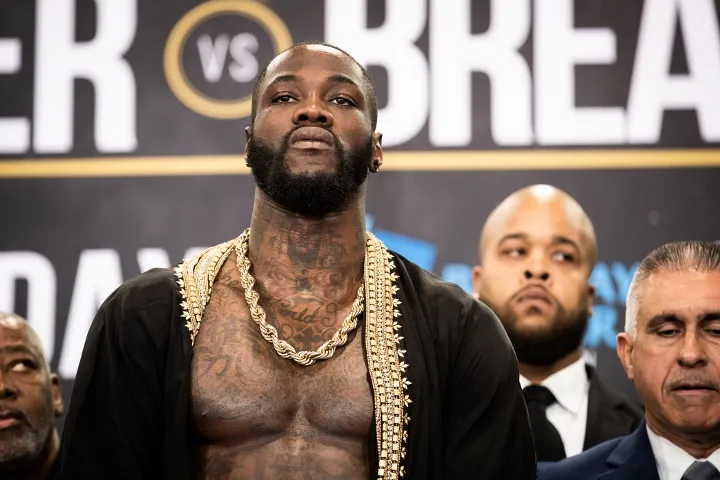
Wilder vs. Fury: The Real Test
Deontay Wilder’s bouts with Tyson Fury were a revelation. In their first encounter, many fans believed Wilder would dominate, given his knockout power. However, Fury’s superior boxing skills and ring IQ quickly put Wilder at a disadvantage. While Wilder did manage to knock Fury down twice, Fury’s ability to control the pace of the fight and avoid Wilder’s power left little doubt that Wilder was not as invincible as many had believed.
The second and third fights further exposed Wilder’s weaknesses, with Fury knocking him out in both bouts. These defeats highlighted the flaw in Wilder’s game: his reliance on his knockout power rather than developing a well-rounded boxing skillset. Without a reliable backup plan, Wilder was unable to cope with Fury’s combination of speed, movement, and technical boxing.
For many, the losses to Fury cemented the argument that Wilder’s dominance was an illusion—one that was built on selective matchmaking and weak competition. These losses served as a reality check, not just for Wilder but for anyone who believed he was truly the best heavyweight in the world.
Conclusion: Was Wilder’s Record a Mirage?
Looking back at Deontay Wilder’s career, it’s hard to ignore the influence of his management’s matchmaking decisions. While there’s no denying his incredible knockout power, his record may not be as impressive when examined in the context of the competition he faced. Critics argue that by avoiding dangerous fights early in his career, Wilder was able to build an aura of invincibility that masked his limitations.
Whether or not Wilder can rebuild his legacy and regain his position among the elite remains to be seen. One thing is clear, though: the illusion of dominance that once defined Wilder’s career is now shattered. If he wants to reclaim his place at the top, he will have to prove himself against the best and evolve into a more well-rounded fighter.
